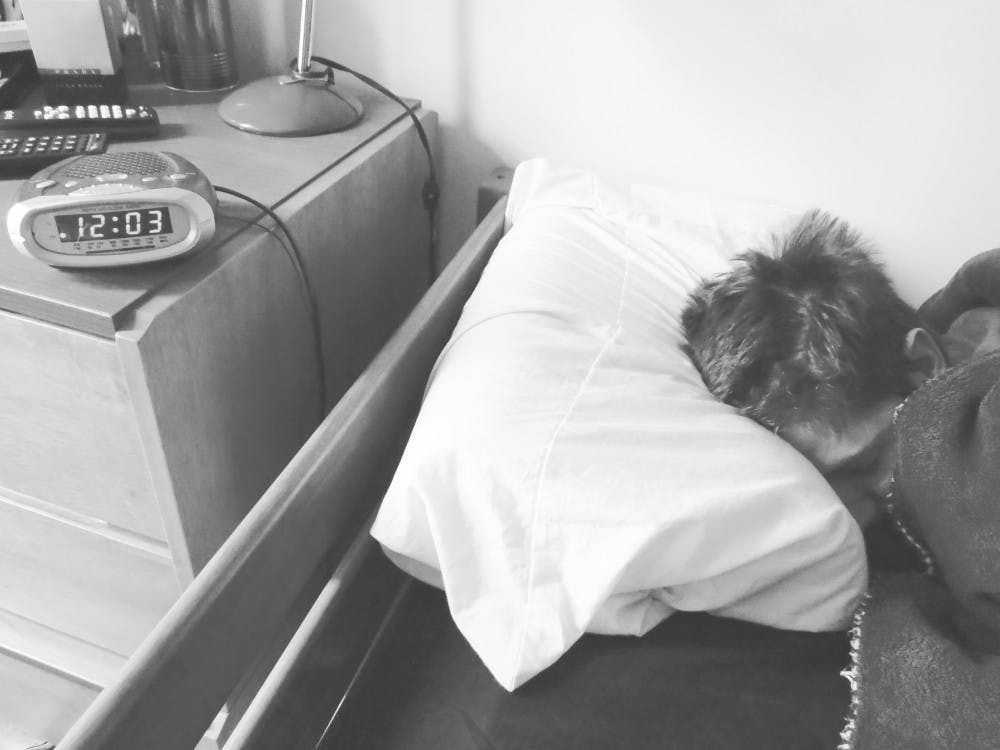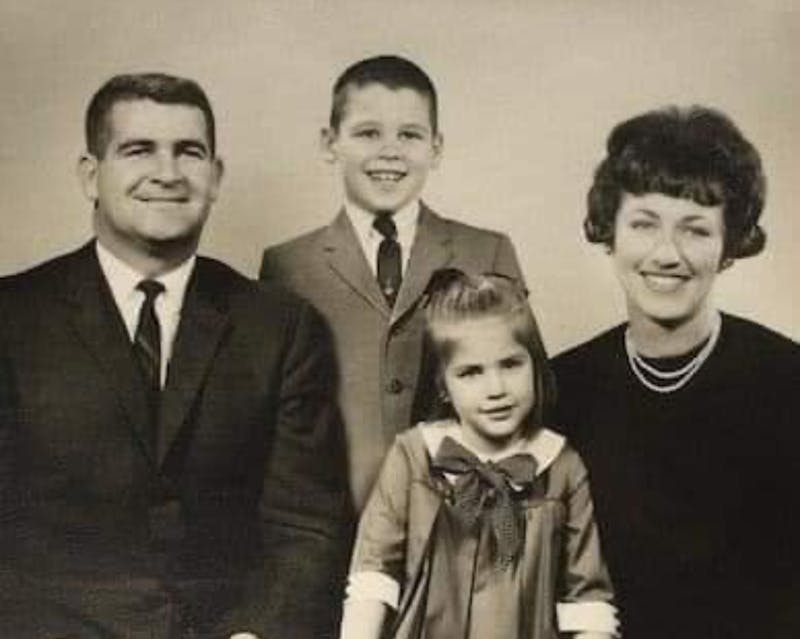Sleep deprivation is becoming more and more common among university students as years go on and it is starting to show.
According to a study done by Brown University, college students are among the most sleep-deprived people in the country. The study found that only 11 percent of college students have good sleep quality and 73 percent have occasional sleep problems. This same study found that 18 percent of college men and 30 percent of college women reported suffering from insomnia within the past three months and over half reported feeling sleepy during the morning hours of the day.
Steven Haase, a psychology professor at Shippensburg University, teaches his students about sleep deprivation and explains that lack of sleep today is more prevalent than before because of students’ busy lives and schedules.
“The stress of college has gotten more difficult, the stress of paying for college and also having to work a lot of hours in addition to taking classes. Stress is something that effects our overall sleep quality,” said Haase. “So if we are worried about things or if we are feeling overwhelmed, that can make it much harder for us to fall asleep.”
In addition to students’ heavy workload and crammed schedules, technology can also play a role in their everyday sleep quality.
“The light from either an iPad or even a cell phone simulates the light that we see during the day, that might confuse our system into thinking it is daytime,” explained Haase, “The screen could be a real issue for what is keeping us awake at night. It is definitely an issue that we face today.”
The lack of sleep can lead to a variety of problems including loss of energy, weight loss or weight gain and even clumsiness.
Shawn Snyder, a student at Shippensburg University, was diagnosed with sleep deprivation during the first semester of his junior year. Between being a full-time student and working part time, Snyder found himself losing more and more sleep. He explained that his entire mood changed. He was not as motivated as he once was and he could not stay focused for long periods of time.
In order to prevent sleep deprivation, someone might want to consider doing more relaxing things before bed, such as stretching, yoga or reading a book. Also, try laying off any technological devices that might trick the brain into thinking it is morning.



The Slate welcomes thoughtful discussion on all of our stories, but please keep comments civil and on-topic. Read our full guidelines here.